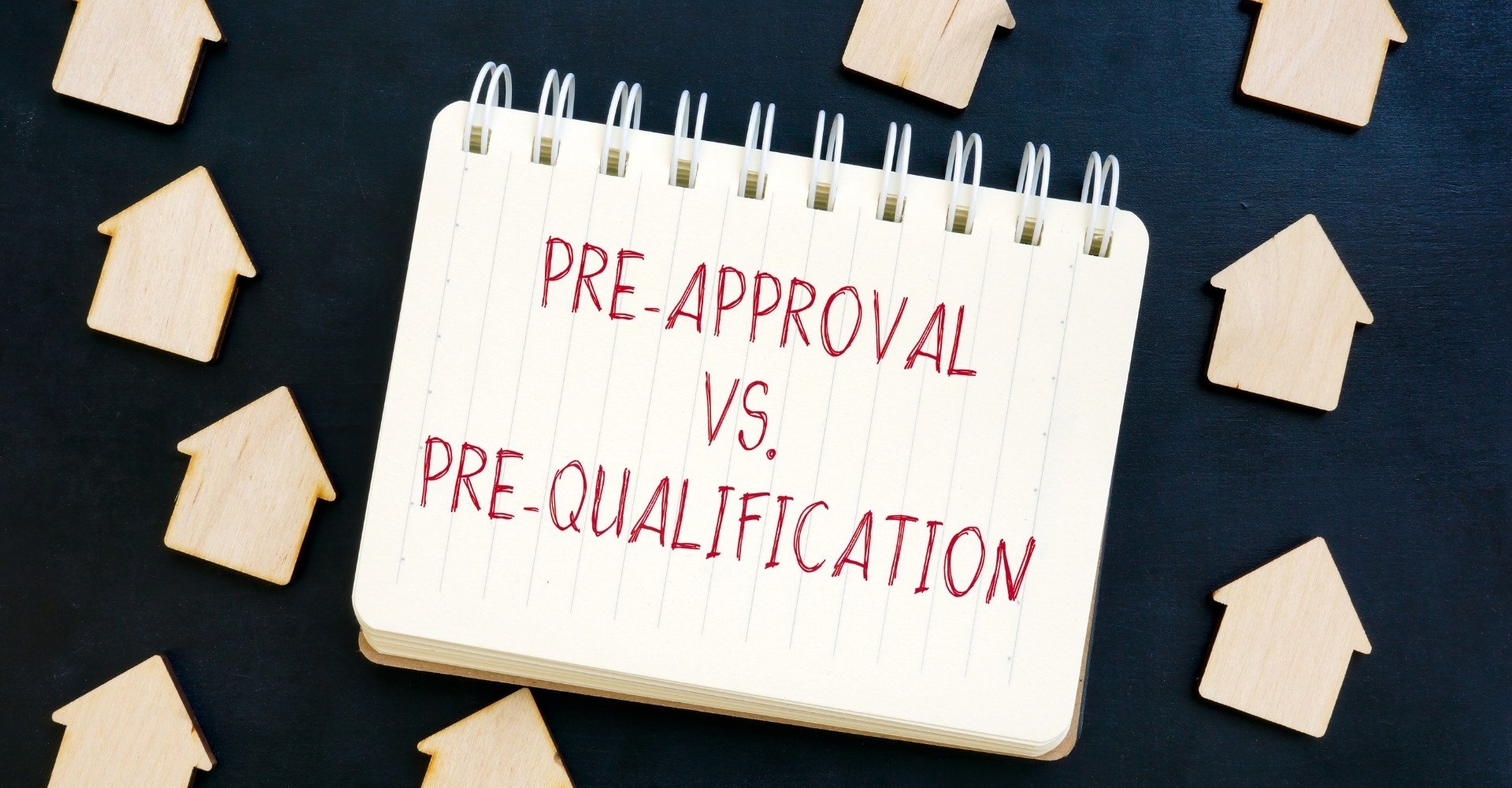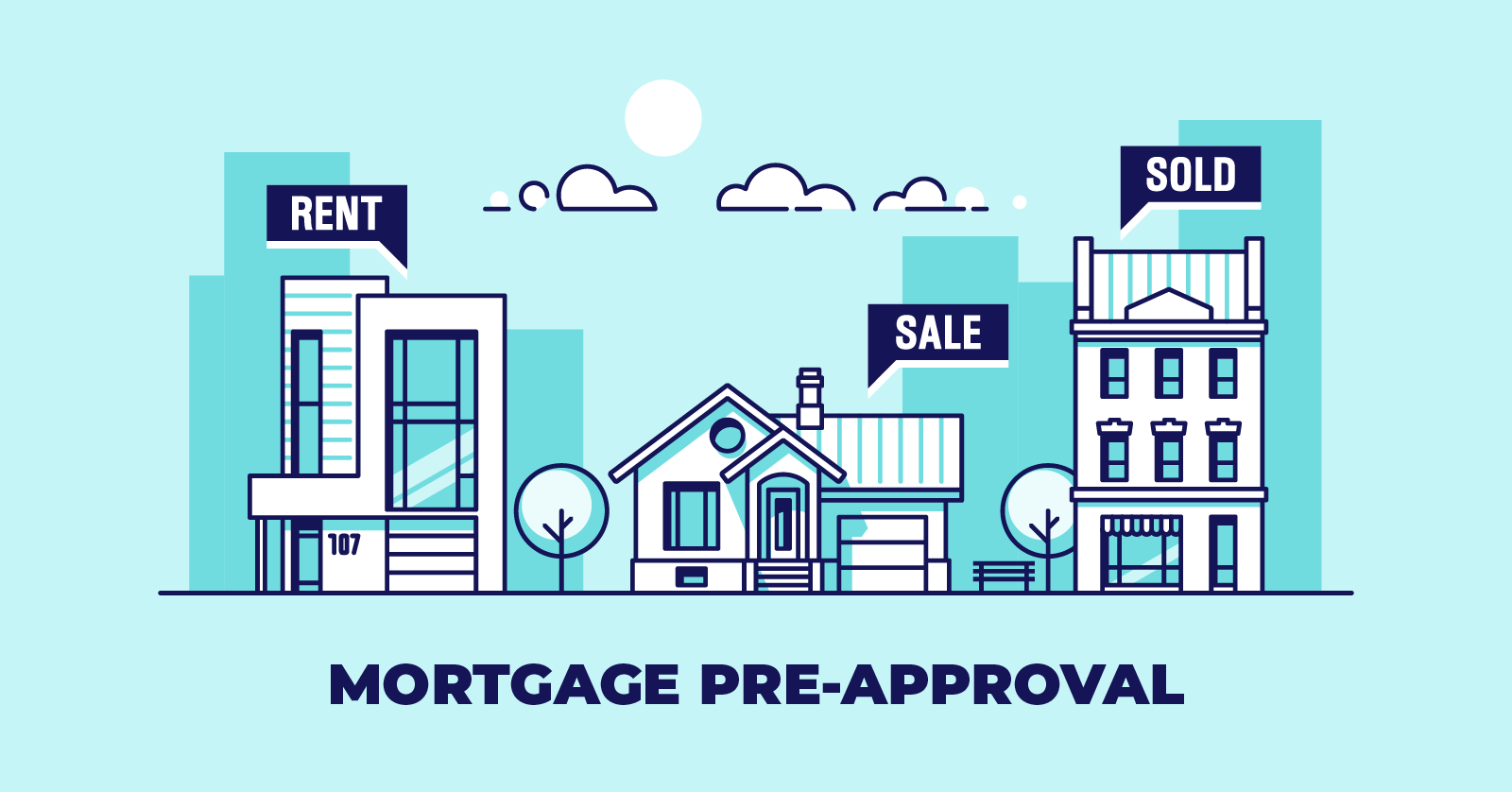There are a lot of new concepts to understand and terminology to know during the homebuying process.
One common point of confusion is the difference between pre-qualification and pre-approval for a mortgage loan.
Both are important steps in the purchasing process, but there are important distinctions between them.
In this article, we’ll explain the difference between getting pre-approved and getting pre-qualified.
We’ll also let you know which you should do first, what documents you will need, as well as the ramifications of pre-qualification and pre-approval on your credit and your ability to land the home of your dreams.
To learn more about mortgages, you may want to check out the following:
- Mortgages 101: The Definitive Guide To Home Loans
- Mortgage Loan Process: A Step-By-Step Guide To Home Loans
- 13 Mortgage Shopping Mistakes to Avoid When Buying A House
If you’re looking for a lender, you should take a look at our guide for homebuyers on finding a mortgage lender.
Getting pre-qualified or pre-approved for a mortgage is a necessary step on your way to enjoying the benefits of homeownership.
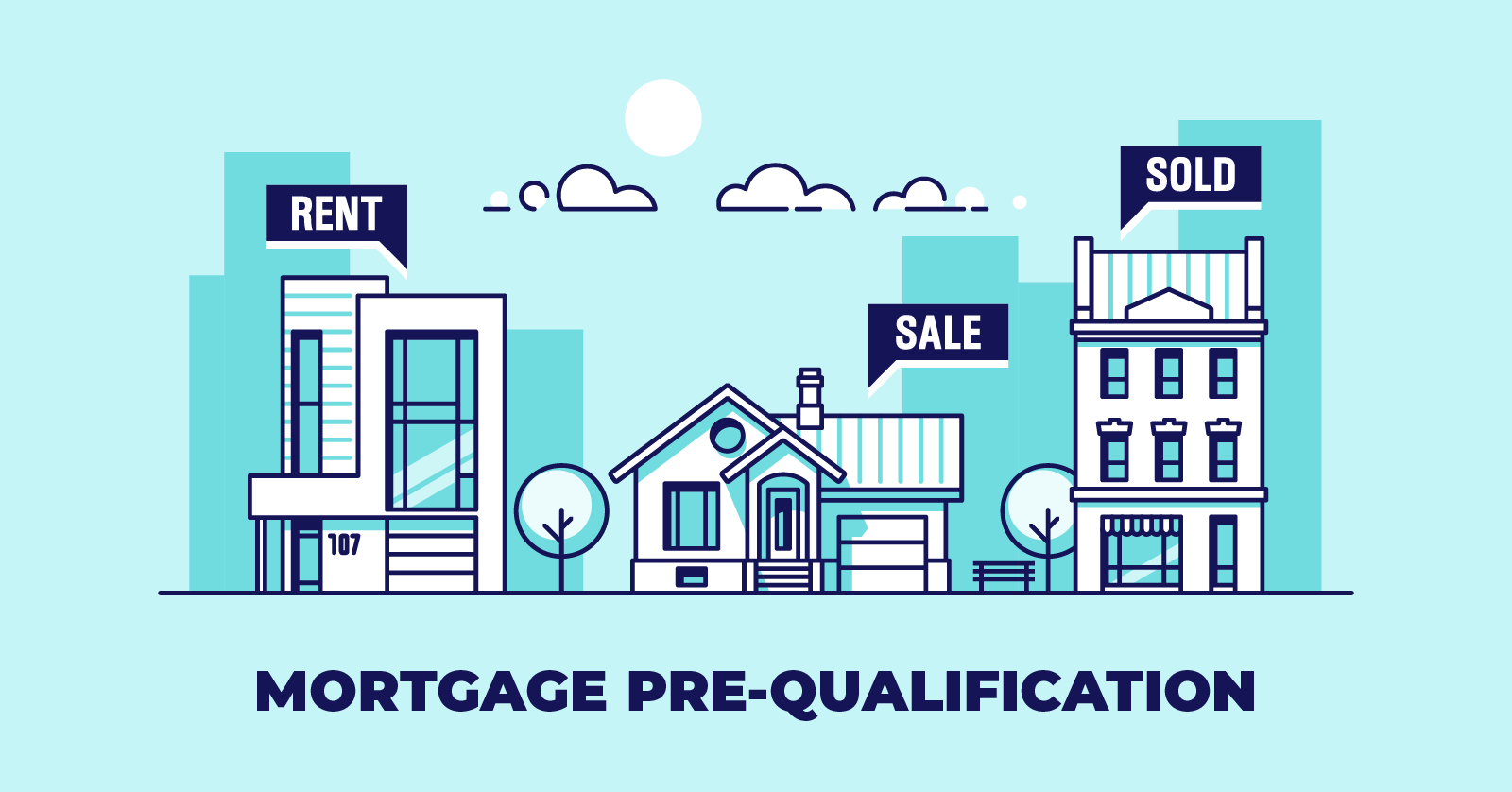
What is a Mortgage Pre-Qualification?
Pre-qualification is a lender’s initial stamp of approval for you to get a mortgage loan.
To get pre-qualified, you’ll need to give your bank or lender your overall financial picture, including all your debts, income, and assets.
The lender reviews the numbers and gives an estimate of how large of a mortgage you can expect to be approved for.
Pre-qualification can be done over the phone or online, and there’s usually no cost involved.
What do I Need to Get a Mortgage Pre-Qualification?
Pre-qualification relies only on self-reported information, so all you need to start the process is a reasonable estimate of your assets, debt, and income.
There’s no need to compile documents like tax returns and pay stubs in this early stage of the home-buying game.
Keep in mind that loan pre-qualification does not include an analysis of your credit report or an in-depth look at your ability to purchase a home.
It’s just a preliminary check based on a broad financial overview.
Pre-qualification is quick—it usually takes just a few hours to three days to get a pre-qualification letter.
When to Get a Mortgage Pre-Qualification?
Because it’s fairly quick and easy to get a mortgage pre-qualification, it’s often the first step in the home buying process.
You should seek to get pre-qualified as soon as you decide that you’re ready to buy a house.
Pre-qualification will give you a big picture idea of how much mortgage you might be approved for, which will help with subsequent decisions on what your housing budget should be and how much home you can afford.
The main benefit of pre-qualification is for you to know how big of a mortgage you qualify for, not to convince home sellers that you have financing lined up.
What is a Mortgage Pre-Approval?
Mortgage pre-approval is a much more involved process than pre-qualification.
Borrowers must complete an official mortgage application to get pre-approved.
They must also supply the lender with all the necessary documentation to substantiate the financial information on the application.
The lender will then offer pre-approval up to a specified amount.
Lenders provide a conditional commitment in writing (called a pre-approval letter) for an exact loan amount, allowing borrowers to look for homes at or below that price level.
Shopping for a home without a mortgage pre-approval letter is a common mistake first-time homebuyers make.
When to Get a Mortgage Pre-Approval?
When you are getting serious in the home-buying process (i.e., ready to put in offers), it’s a good idea to seek a mortgage pre-approval.
A pre-approval letter from a bank that is greater than or equal to the amount in your offer tells the seller that you’re a serious buyer and that you have the means and intent to close the deal.
Looking at homes without pre-approval puts you at a severe disadvantage.
Sellers have invested a lot of time to prepare their house for sale, so your offer will take a back seat to others that come with financing that’s ready to go.
It’s also a good idea to seek pre-approval from multiple lenders.
This is a good way to compare different loan terms from different banks, and you can often set lenders against one another to compete for your business.
They’ll often come back with better terms or allowances to win you over.
Getting pre-approved will also help during the real estate closing process, as you will have already submitted most of the necessary documents to the lender.
What do I Need to Get a Mortgage Pre-Approval?
Unlike mortgage pre-qualification, pre-approval will require you to provide your lender with a number of documents, including the following:
Proof of Identification
- Copy of driver license
- Social Security card
Proof of Income and Employment
- Pay stubs from the last 30 days
- W-2s from the last two years
- Personal federal tax returns from the last two years (include all tax tables and schedules)
Proof of Assets
- Bank statements from the last two months of all financial accounts: checking, savings, IRA, 401(k), and brokerage. The statements must show your name, account number, and the name of your bank.
- If someone in your family is helping you pay for the house, you’ll need a gift letter signed and dated by the person helping you.
Credit Score
- The lender will check your credit on their own, so this doesn’t require you to submit anything.
Include these also, if they apply to you:
- Freelance or business tax returns from the last two years (include all tables and schedules)
- If retired, your benefit verification letter, your last two years of 1099 forms, and tax returns
How Long Does it Take to Get a Mortgage Pre-Approval?
Getting pre-approved for a mortgage usually takes a few days to a week, once you have all the documents turned in.
To ensure that pre-approval goes smoothly, make sure your documentation isn’t missing any information and that you’ve provided all the forms your bank has requested.
Also, keep your finances as simple and responsible as possible.
Certain things will delay the process, such as iffy credit history, large deposits in your bank account, a recent employment change or credit check, or a track record of late payments.
Substantiating gift sources for your down payment can also take time, particularly if there is more than one.
None of these items alone will necessarily preclude you from getting a mortgage but be prepared with an explanation for anything that’s likely to get a raised eyebrow from the underwriter.
Do Mortgage Pre-Approvals Expire?
Yes. Pre-approval letters are typically good for 60 to 90 days.
Pre-approvals expire because the bank is giving you conditional approval based on the latest information they have.
After a few months, your financial situation is likely to look different.
At that point, you’ll need to go through the pre-approval process again.
The good news is that it likely won’t take as long as the first time since the lender already has most of your information.
The bad news that each pre-approval requires a hard pull on your credit, which can negatively affect your credit score.
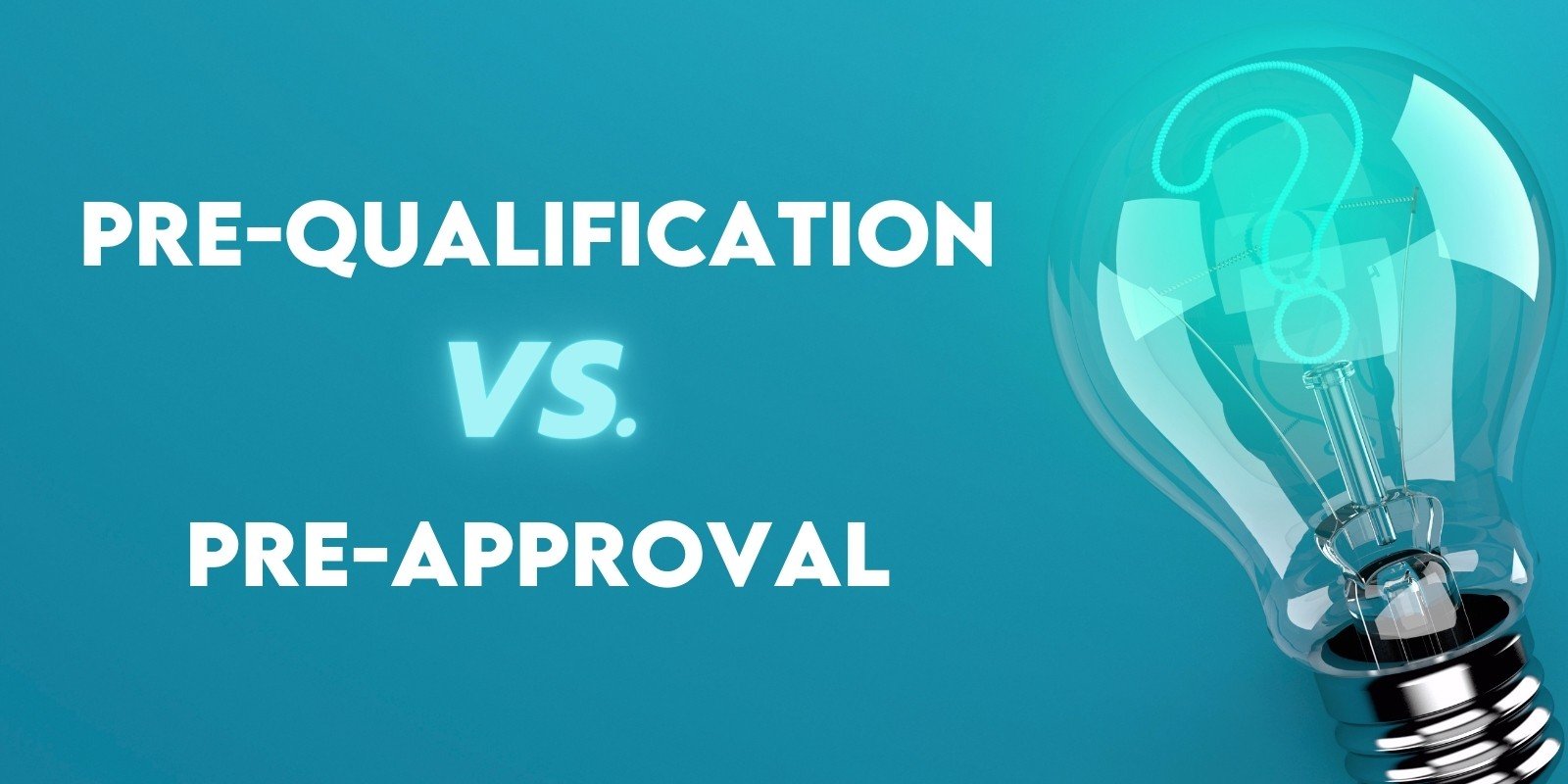
Mortgage Pre-Qualification vs. Pre-Approval
Although pre-qualification and pre-approval may sound interchangeable, they do not mean the same thing.
Below, we outline the similarities and differences between mortgage pre-qualification and pre-approval.
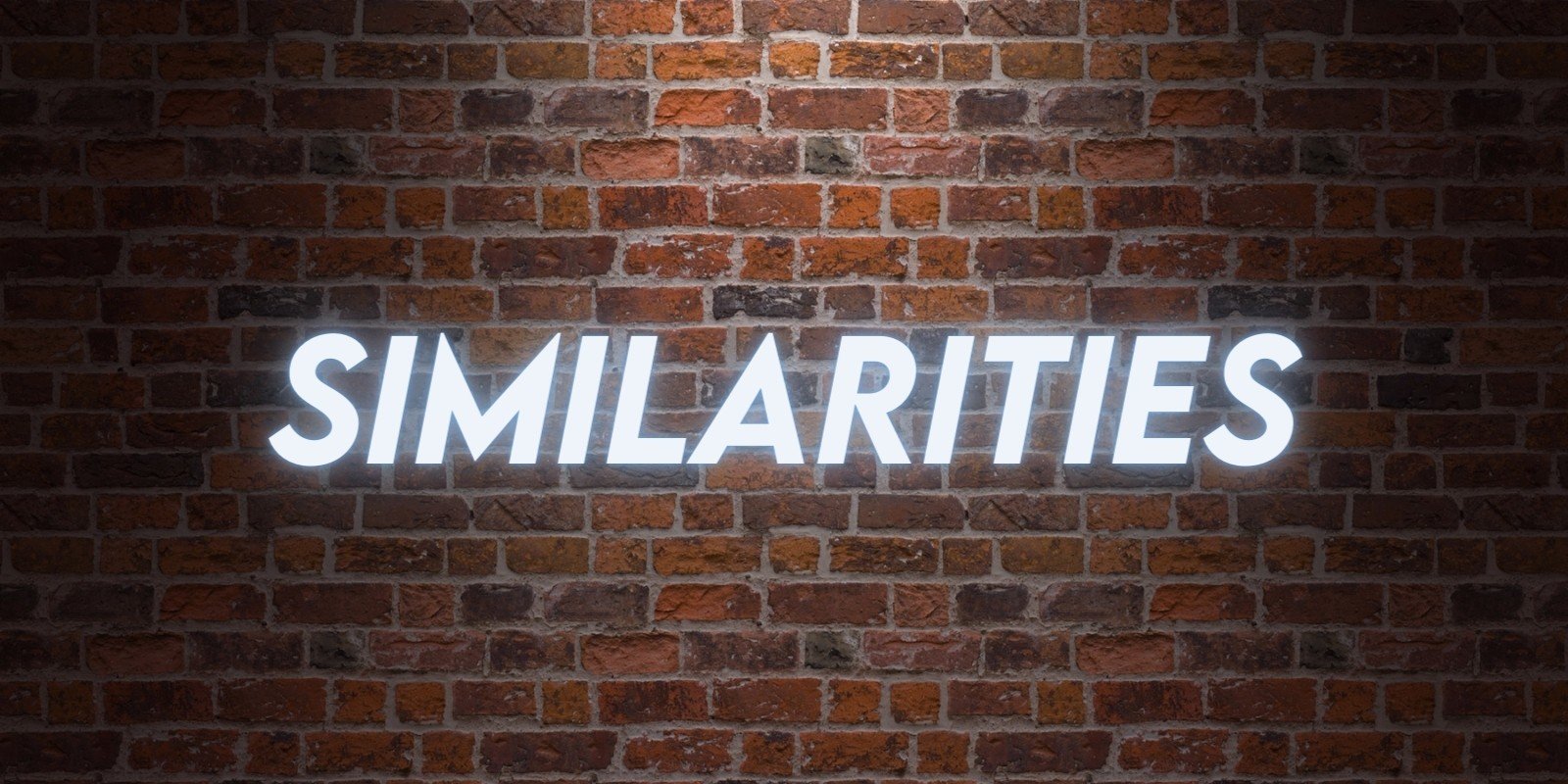
Similarities
Many things about pre-approval and pre-qualification are similar.
Here are a few ways these processes are alike.
1. Neither One Guarantees a Mortgage.
You can still be denied a mortgage—even with both a pre-qualification and pre-approval. Your status is dependent on the bank’s verification of your financial information.
2. Both Help you Understand How Much Mortgage the Lender Will Allow
Both provide a guideline for your price range, so you won’t be looking for homes that are too expensive.
You may also want to check out our free online mortgage calculator to get an idea of what your monthly payment would be for different size loans.
3. Neither One Requires you to get a Mortgage From the Lender that Pre-Qualified or Pre-Approved you.
Just because a lender gives you a pre-approval or pre-qualification letter, you’re under no obligation to get a mortgage from that same company.
In fact, it’s prudent to shop around and investigate the rates and terms of multiple lenders to get the best mortgage for your situation.
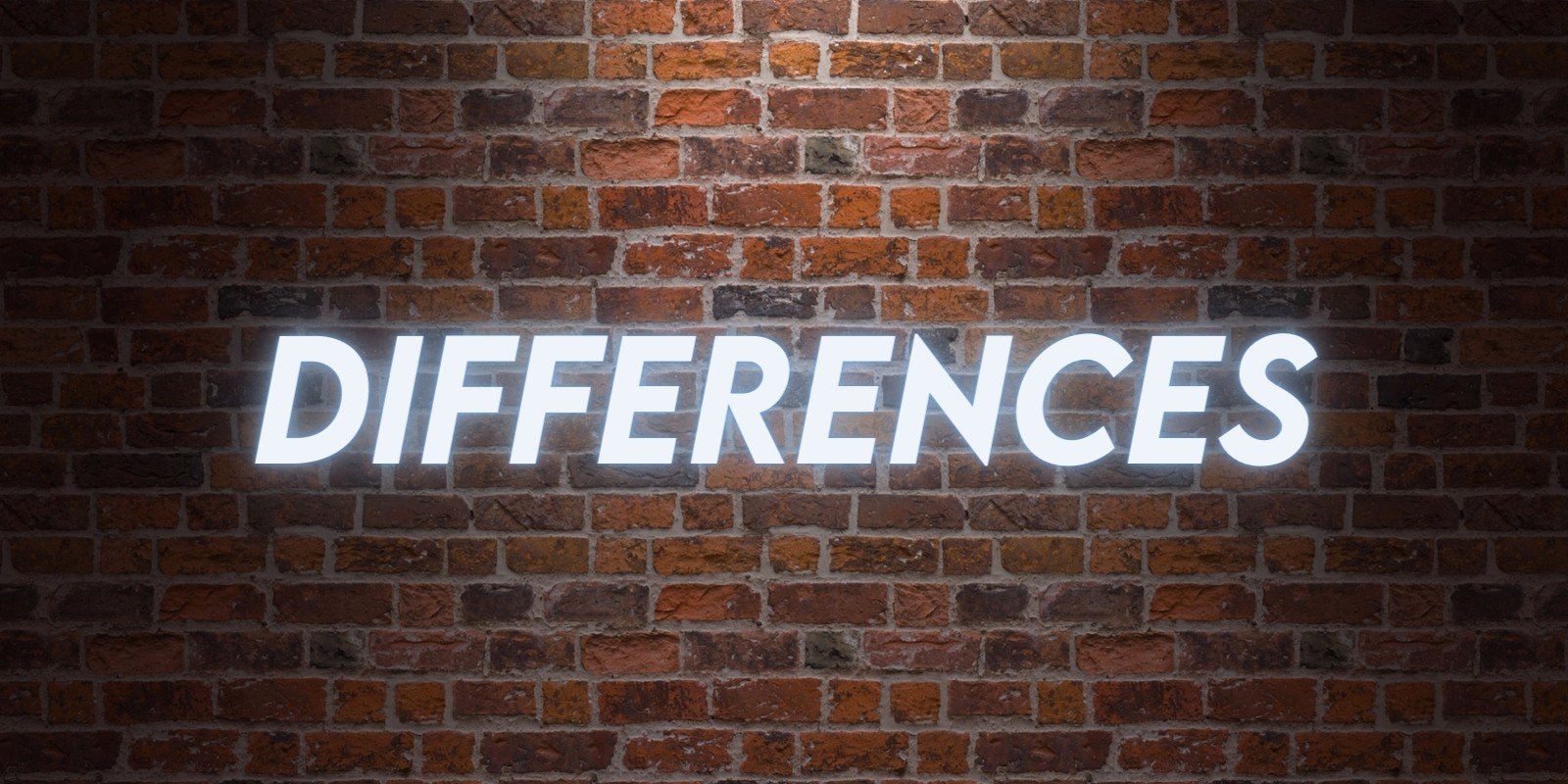
Differences
Pre-qualification and pre-approval are different processes with different benefits.
Generally speaking, pre-approval is more in-depth than pre-qualification.
Here are the primary distinctions between them.
1. Pre-Approval Tells you What you can Actually Borrow; Pre-Qualification is an Estimate.
Pre-qualification is just an approximation or estimate of what you can borrow, assuming all the information you gave is correct.
By contrast, pre-approval gives you a tentative approval of a loan up to a certain amount.
It’s not a guarantee, but it allows you to house hunt with confidence, knowing you can likely get financing up to the amount on your pre-approval letter.
2. Pre-Approval Requires Thorough Documentation; Pre-Qualification does not.
A lender doesn’t require documentation to give you a pre-qualification.
But to be pre-approved, you’ll have to provide documentary evidence for everything you put on your application.
3. A Pre-Approval Requires a Credit History Check.
In addition to the mountain of documents you provide, a lender will run a credit check to see how well you’ve handled debt in the past.
This helps them determine the interest rate on your mortgage.

Should I Get Pre-Qualified or Pre-Approved First?
While you don’t necessarily need to do both, get pre-qualified first.
You can often do this online or over the phone in just a few minutes.
Remember—the purpose of pre-qualification is to determine how much house you can afford, not to guarantee your financial status.
Once you’re ready to put in offers, then seek pre-approval.
Keep in mind that pre-approval letters only last 60 to 90 days, so don’t do this too early in your house hunting journey to minimize the impact to your credit score.

Does Getting Pre-Qualified or Pre-Approved Impact My Credit Score?
Pre-qualification only goes off of the information you provide (not externally verified sources like bank statements or the credit bureaus), so there is no hard pull on your credit.
Therefore, getting pre-qualified should not impact your credit report or score.
Mortgage pre-approval, on the other hand, does use external verification and will likely result in a hard credit pull.
Depending on how many hard credit inquiries you’ve had in the last two years, this can affect your credit score.
However, don’t worry about shopping with multiple lenders and stacking up a bunch of hard credit pulls.
If you shop within a 30-day window, these pulls will all count as one hard pull, so there is no disadvantage for getting pre-approved by multiple banks or lenders.
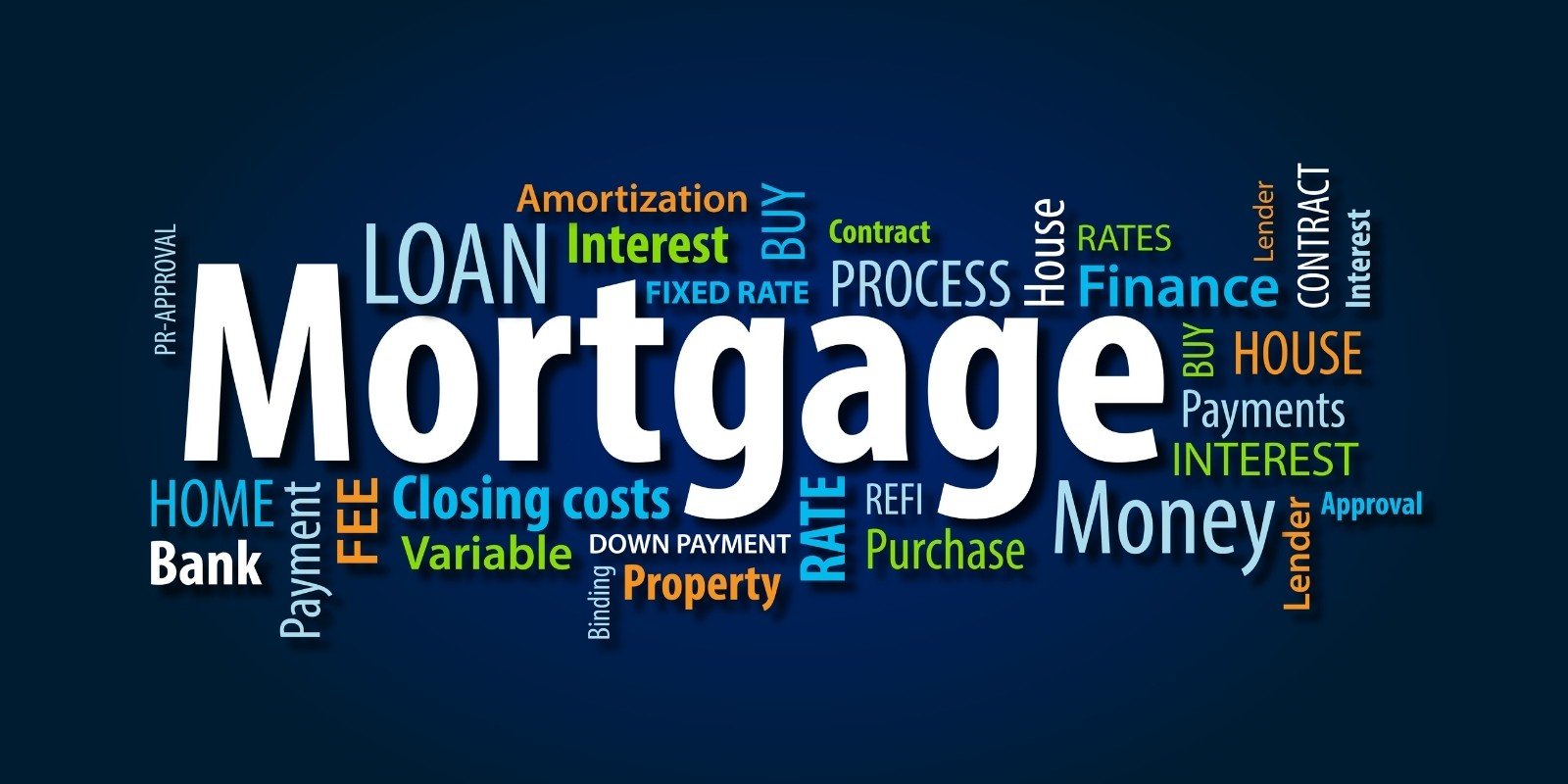
Final Thoughts on Mortgage Pre-Qualification vs. Pre-Approval
In short, to get a good idea of how large of a mortgage you will qualify for, pre-qualification is what you need.
To prove to sellers you can get financing for the offer you’re putting in, you need pre-approval.
With your pre-approval letter in hand, you’re officially ready to start looking for your new home!
Just as you need a to find a reliable lender with the best rates, you also need a quality real estate agent on your team when you’re house hunting.
Working with a trustworthy and reliable agent to represent your interests is essential to getting the best deal on the home of your dreams.
To find an experienced real estate agent, look no further than the oldest real estate agency in Fort Worth, TX: Helen Painter Group Realtors.
Helen Painter’s agents have been representing buyers and sellers in Fort Worth since 1958.
Give us a call to get a free consultation from the most trusted real estate agency in Texas!

